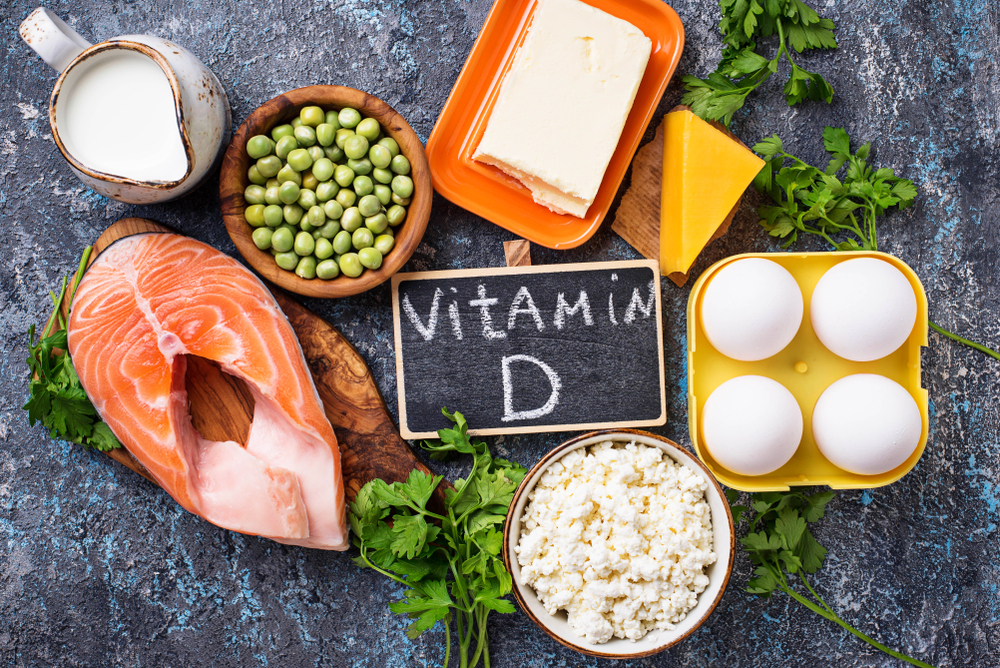Senior-friendly fall prevention workouts for home

As seniors age, they often experience a decline in muscle strength and reflexes, making them more prone to falls and difficulties in regaining balance if they do fall. Each year, around 36 million seniors experience falls, leading to over 32,000 deaths. Furthermore, 1 in 5 falls results in serious injuries such as head trauma or […]
Superfoods you should include in your diet

You might have come across the term “superfoods,” but what do they really mean? Superfoods are nutrient-dense foods rich in vitamins, minerals, and antioxidants, which can help lower the risk of various diseases, including heart disease and certain cancers. Here are some popular superfoods to consider incorporating into your diet: 1. Berries (such as strawberries, […]
The role of vitamin D in senior health

Vitamin D plays a crucial role in healthy aging. It is synthesized in the body when the skin is exposed to sunlight. It is essential for protecting bones, muscles, and the heart, as well as supporting immune function and calcium absorption. Many seniors experience vitamin D deficiency, which can lead to symptoms like nausea, poor […]
Exercises to help seniors boost activity and wellness

Exercise plays a crucial role in maintaining overall health and well-being. As we age, reduced physical activity can lead to a decline in strength, agility, and mobility. While there are concerns about seniors engaging in exercise, the benefits of an active lifestyle far outweigh the risks. Regular physical activity boosts endorphins, which are neurotransmitters in […]
Exercises for maintaining physical health at home

Our well-being and quality of life are significantly affected by our physical health. Therefore, it is crucial to maintain optimal physical health as we age. Staying physically active has many benefits including helping manage weight, improved brain health, increased energy levels, and reduced risk of chronic diseases. Although some seniors may prefer going to a […]
A guide to healthy eating for seniors

A nutritious and well-balanced diet becomes increasingly important as we age. Healthy eating can lower the risk of developing numerous chronic diseases, boost immunity, and strengthen bones. Sedentary seniors need roughly 1,600 calories per day, those who are moderately active require about 1,800, and consuming approximately 2,000 calories daily is recommended for active seniors. One […]
An overview of telerehabilitation

Telerehabilitation is a subset of telemedicine that connects patients and rehabilitation providers remotely. Pulmonary rehabilitation, exercise rehabilitation, yoga, stroke rehabilitation, and dance are some of the numerous different types of telerehabilitation. The COVID-19 pandemic and the convenience of telerehabilitation have resulted in an increase in use in the past few years. Telerehabilitation is a less […]
How drugs move through the body

Pharmacokinetics is the study of drug movement inside the body. Four processes: absorption, distribution, metabolism, and excretion make up pharmacokinetics. Absorption is the movement of a drug from the site of administration into the blood. The rate of absorption determines how quickly the drug effect will occur. Meanwhile, the amount of drug absorption determines how […]
How seniors can prevent injury

Yesterday was National Injury Prevention Day. With that in mind, we created this blog to provide tips for how seniors can prevent injury. Over 90% of injury-related hospital admissions among seniors are due to falls or vehicle collisions. As we age, our tendons and ligaments lose their elasticity and this can make them more prone […]
An overview of inflammation

Inflammation is a response of vascularized tissues (contain vessels) that delivers leukocytes (white blood cells) and molecules of host defense from the circulation to the sites of infection and cell damage in order to eliminate the offending agents. It can be classified as acute or chronic depending on how long it lasts. Pain or tenderness, […]

